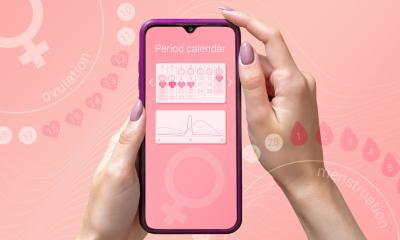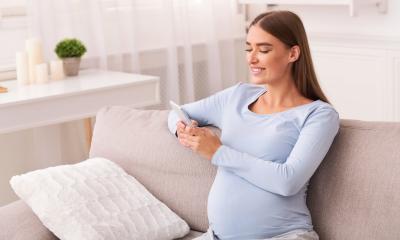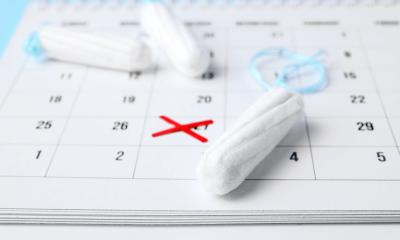News • Fertility preservation
Is 'ovarian tissue freezing' superior to egg freezing?
Ovarian tissue freezing, an outpatient procedure which removes and freezes ovarian tissue for later use, can deliver these outcomes but has been considered experimental until now. According to a new study, nearly four out of 10 (37.7%) women who undergo the procedure are able to have children later in life as a result. "Despite the clinical progress within the past two decades, the procedure still remains in the experimental realm," wrote Pacheco and Oktay. "Now, women considering this procedure to preserve fertility and postpone childbearing have more information at their disposal. Given these recent data, ovarian tissue cryopreservation should be considered as a viable option for fertility preservation."

To assess the state and success rate of this procedure, Dr. Kutluk Oktay, who performed the world's first procedure of this kind in 1999, examined data from 1999 to 2016, together with his study co-author, Dr. Fernanda Pacheco. They found that:
- 309 ovarian tissue freezing procedures resulted in 84 births and 8 pregnancies that lasted beyond the first trimester.
- 113 cases specified the women's ages at the time when they froze their ovarian tissue. The women who conceived were 27 years old on average.
- The procedure restored reproductive functions and reversed menopause in nearly two out of three women (63.9%), including either a resumed menstrual cycle, ovarian follicular growth, or natural fertility.
- The procedure restored natural fertility in great majority of the cases: while two thirds could conceive naturally (62.3%) only about one third needed In Vitro Fertilization (37.6%).
"The procedure is superior to egg freezing as it can also reverse menopause and restore natural fertility," continued the senior study author Dr. Oktay. "The next frontier is to explore the procedure's potential in delaying childbearing among healthy women, not just cancer patients."
Source: Sage Publications Ltd
18.07.2017










